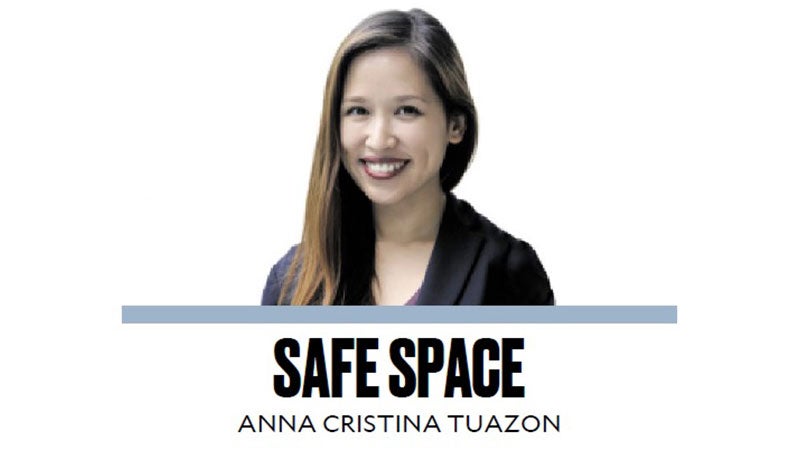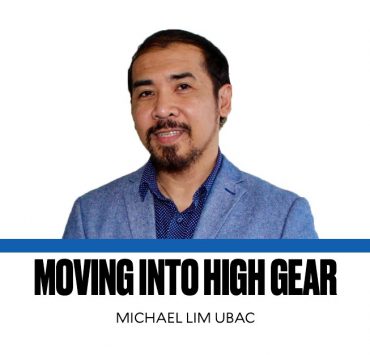The stories we tell ourselves

I find myself fatigued from the news cycle lately, a precarious position to be in when I need to be writing about them every week. For the last couple of months, it has been about the ever-expanding corruption scandal. There seems to be no end in sight. Every agency, at every level, seems to be involved or at least complicit. In a way, I’m happy that we’re not limiting ourselves to flood control projects and have started to notice anomalies in other government projects, such as the farm-to-market road initiatives. There have been some movement in terms of cases filed but they are less than satisfying resolutions. There is also growing skepticism if this will lead to any substantial change.
What contributes to the fatigue–and the risk of being desensitized to such news–is that it is the same story over and over again. The story arc tends to go like this. A powerful person is caught abusing their authority for personal gain. Said person claims innocence and files for libel or perjury, insisting that the accusation is politically motivated. Underlings get charged but the powerful person gets protected by their own institution, whether through some form of immunity or just simply fleeing the country. No powerful person goes to jail. This seems to be the story of modern-day Philippine politics.
In narrative therapy, we are interested in the stories that people create about themselves. Stories are not just faithful accounts of reality; they co-construct reality around us. In this way, stories hold a lot of power. Who the author is matters as well. In an ideal world, we are the primary authors of our lives. We get to decide how we tell our story, to ourselves and others. Sometimes, however, we allow other people to tell us who we are and what we are (not) capable of. And because we are no longer the primary author, we feel dictated upon by their narrative of us. These stories then become the only reality we know.
Healthy self-narratives don’t have to be idealized or overly optimistic. What does contribute to our misery, however, is if our narrative is saturated with problems. “I am the black sheep of the family.” “I never get what I want.” A problem-saturated story is, by necessity, a flat or thin story. It is filled with two-dimensional characters, with heroes and villains and nothing in between. We consider it a flat story because it tends to discard pieces of reality that do not fit the narrow narrative. Choosing a problem-saturated narrative for ourselves thus limits our reality. We fail to recognize subplots that show resilience or those that humanize or increase understanding of why persons in our lives react the way they do.
We can expand this theory to the prevailing Filipino narrative. Our story is one of struggle and hardship. If you base it on what we report on the news, it is a problem-saturated collective story. Aside from corruption, we are plagued by many problems such as typhoons, floods, fires, and earthquakes. When we describe our state of education, we talk about lack of classrooms, teacher and counselor shortages, poor quality of teaching, and haphazard curricula based on the whims of the political appointee in charge. When we describe our economy, we look at rising inflation, the high costs of food and gas, the stagnant wages, and lack of upward social mobility. The everyday story of the Filipino is one where they sweat through long lines for public transportation, do a hard day’s work for meager pay that is not enough to pay for bills, and arrive home tired and exhausted, with no energy left for themselves. Integrate this with what is happening in government and politics, where the poor taxpayer gets exploited by the rich and powerful, and we can’t blame the Filipino for feeling a bit hopeless that there is anything beyond this story.
It is time to take back our narrative. We need to re-author our story as Filipinos lest we stay confined to a story of oppression. We do this by finding our voices and making sure we are heard. We should allow ourselves to be loud, if needed. We should not allow our leaders to dictate what is normal and what is possible. It is not government that should have the ultimate say in these investigations; it should be the people.
Public sentiment shouldn’t be limited to online spaces, where we are vulnerable to manipulation. We need to experience our community in person. Get to know our neighbors and see them beyond their political affiliation. Discover the hidden stories of our towns. We need to highlight the courage of the Filipino, where we stand up for each other to make way for positive change. We need stories of Filipinos doing the right thing, even when it is hard or inconvenient. We need more truthful stories. We need stories that expand our reality and show us what is possible.
—————-
aatuazon@up.edu.ph


















